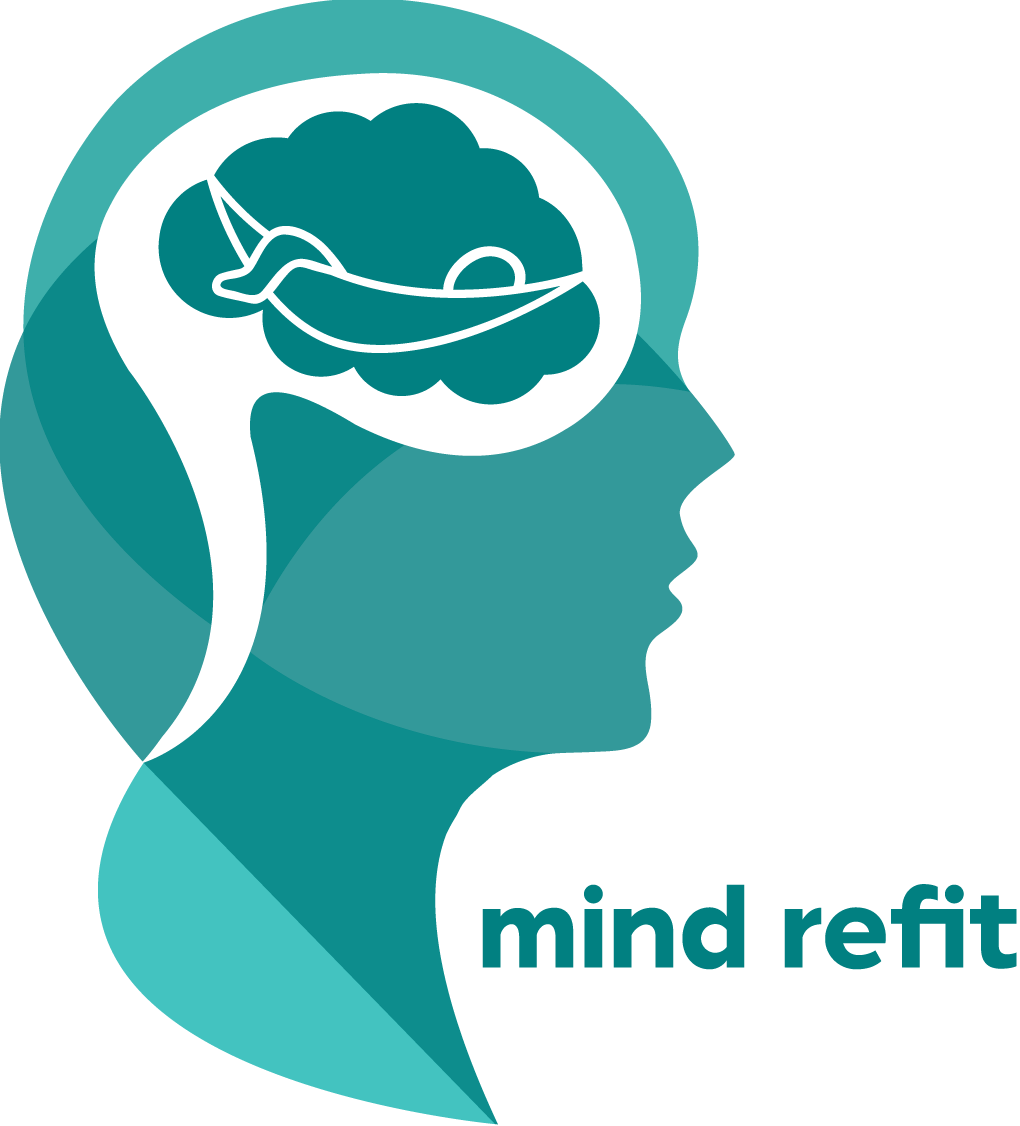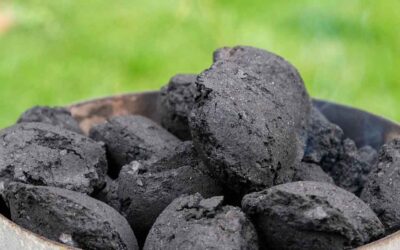
In the past few years, the green tea ‘matcha’ has made it to the headlines of top fitness, wellness and health circles. You might see it in smoothie recipes, granola bowls, ice creams or just plain powder with hot water or milk. Matcha comes from Japan and was used by monks more than a thousand years ago to enhance meditation practices. This green tea is shade-grown, which makes the plant produce more caffeine and theanine. The stems and the veins are removed and the whole leaf is ground into powder.[1] It is claimed to give ‘unparalleled’ nutrition. In this article we explore the diverse and amazing matcha benefits.
Matcha as an Antioxidant
An antioxidant is a molecule that counters free radicals, loose unstable molecules that are a natural byproduct of the body’s processes. In excess, free radicals can damage cells and lead to diseases like Parkinson’s, Alzheimer’s, cancer and atherosclerosis.[2] Thankfully, the body is always striving for balance. Antioxidants have the power of minimizing this cell damage. Because modern lifestyle exposes us to even more free radicals, it is important that we complement this with more antioxidants in our diet. They are typically found in colorful fruits and vegetables. If you observe matcha closely, it is one of the brightest green products out there![3]
Matcha has an exorbitant amount of antioxidant capacity (up to twenty times as much!) compared to other superfoods like gojiberries, pomegranates, blueberries, broccoli and spinach.[4] Because it comes in powder form, it contains all of the leaves’ elements, compounds and respective properties. When brewing any other green tea, many antioxidants will remain in the leaf, which ends up thrown away. With matcha, the full package is entering your body, providing you a great amount of antioxidants. This guarantees an optimal balance, making the body’s systems run smoothly.[3]
Matcha for the Mind: Concentration Boost
Matcha’s abundant amount of the special antioxidant epigallocatechin gallate (EGCG) alongside its high content of L-theanine and caffeine creates a powerful combination that can enhance cognitive functions. It is dubbed as brain food, meaning it can help with concentration and focus. A study found that L-theanine boosted self-reported calmness and relaxation, whereas it decreased tension. Combined with caffeine, it helped with being alert and attentive.[5] Together, they can provide a focus that is not jittery. This makes it a great alternative for studying or working.
Matcha for the Belly: Top Calorie Burner
Matcha is one of the top trending calorie burners that can aid weight loss. Many weight loss products contain matcha as it is truly a good option for accelerating the body’s metabolism. Technically speaking, it increases the body’s thermogenesis, the internal process of burning calories. An increase of approximately 4% of the daily energy expenditure, or calories burnt, can occur if you consume matcha on a daily basis.[6] Meaning, in a 2,000-calorie diet, just drinking matcha tea can help you burn 80 calories.
Several studies have proved matcha benefits the process of losing weight. During a 12-week period, the matcha-consuming group lost 10% body fat mass versus the placebo group who lost 2.2%.[7] In another case, during a 3-month trial, obese participants lost 4.6 of their body weight.[8]
Matcha Benefits for the Liver
Matcha benefits the liver and hepatic system. The liver is one of the body’s largest organs and its main role is to filter blood from the digestive system. It is in charge of removing toxic chemicals from the bloodstream and metabolizing other unnecessary substances entering the body. Matcha benefits the liver by preventing fat storage in obese mice. This translates to matcha being a top fatty liver disease protector, a disease that most obese and overweight people develop.[9]
Cardiovascular Matcha benefits
Drinking tea can help the entire cardiovascular system: beginning at your heart and its pumping capacity, extending all the way to the rest of your arteries and veins. High cholesterol is a leading health problem worldwide, and it turns out matcha can help buffer this potential death cause. In a study with over 1,000 participants LDL or “bad” cholesterol was reduced significantly.[10] Other research showed how catechins, the subcategory of the antioxidant in matcha, can reduce the risk of ischemic heart disease.[11]
Matcha’s Potential in Preventing Cancer
Several studies have shown the positive effect of matcha green tea on fighting or delaying cancer cell growth. Most of these are test tube or animal studies, so its implications have to be interpreted with care. Most of the anti-cancer properties of matcha come from the high amount of the antioxidant epigallocatechin-3-gallate (EGCG). A study in rats showed a high chemopreventive effect on breast tumors strictly related to green tea intake. In human breast cancer cell cultures, EGCG inhibited growth.[12] Other test tube studies have also shown the potential power of EGCG to buffer cancer cell growth in prostates, lungs, liver and skin.[13]
Matcha Benefits for the Skin
Matcha benefits the skin in many ways. It contains chlorophyll, which will remove toxins and also protect against future impurities, preventing pore clogging. The vivid green color of matcha is due to chlorophyll, and a facial scrub will easily benefit your skin, removing acne and bringing back its natural glow. Depending on the scrub mix, it has strong exfoliating effects. You can also add it to your regular moisturizing cream or facemask in powder form and it will still provide the antibacterial, nourishing and cleansing benefits matcha brings.[14] A study specifically looked at the blood flow and oxygen delivery to the skin right after green tea polyphenol beverage intake. The researchers found blood flow to the skin increases in such conditions, concluding that these beverages can protect skin against UV radiation and improve skin quality due to this effect.[15]
Matcha for the Bones
Another benefit that matcha brings to the body is its capacity to strengthen the bones of our entire skeletal system. Once again, the powerful catechin EGCG acts as a hero. It decreases the number of cells that break down bone and also increases the number of cells that build up bone. This double whammy can help anyone that is recovering from a broken bone injury, or anyone experiencing osteoporosis.[16]
Matcha also has Dental Benefits
As a powerful antibacterial, matcha can help keep your teeth and gums clean. A mouthwash containing green tea was tested and researchers found it can reduce plaque and gingivitis.[17] Gingivitis is the redness and swelling of the gums, something matcha can prevent. More importantly, matcha has been proven to reduce bad breath. With strong disinfectant properties, it has shown to reduce ‘oral malodor’ effectively.[18]
Matcha Benefits Your Hair Too
Once again, the all-star ingredient in matcha green tea, epigallocatechin, saves the day. It turns out that this powerful antioxidant can promote hair growth by stimulating hair follicles. As discussed in the calorie burning section, matcha has often been used as an efficient metabolism accelerator. This is one reason why matcha benefits hair growth. A different component, panthenol, is present in matcha and helps your hair maintain its strength, including split ends. As some shampoos and conditioners market it, panthenol is very good for a strong, happy and radiant hair! Some people even use green tea as a ‘hair mask’; helping control dandruff, exfoliating the scalp skin, and naturally lighting the hair’s color too.[19]
In Conclusion
All the aforementioned benefits are based on scientific studies, meaning they were tested within a laboratory setting. Some of them treated the subjects with green tea as pills while others as a beverage. Some of them even used rats as subjects. This is not to say that the benefits listed are not true, but it does have to be interpreted with care.
The majority of consumers of matcha products are extremely satisfied. It is praised for being a great coffee substitute, giving ‘focused alertness’ and no jitters. Just one cup a day can give you sustained energy. Many users are also very satisfied with the taste and how easy it can be used in smoothies. As a skin medication, it is said to be soothing and de-stressing. A very high percentage of reviews and comments on matcha are positive and give it the full five stars. Additional labels that happy, satisfied consumers of matcha report include “being able to think clearly” and feeling an overall positive sensation throughout the body.[20] Whether it is science backed and promoted by doctors or just the recommendation of your neighbor, matcha does benefit you in many ways!
You can purchase matcha in powdered form for tea, lattes or smoothies from matcha source. They also offer a subscription service which allows you to receive some matcha products monthly.
References
- En.wikipedia.org. (2018). Matcha. [online] Available at: https://en.wikipedia.org/wiki/Matcha [Accessed 16 Dec. 2018].
- Szalay, J. (2018). What Are Free Radicals? Retrieved from: https://www.livescience.com/54901-free-radicals.html
- Health Benefits of Matcha Tea – Matcha Source. (2018). Retrieved from
- https://matchasource.com/health-benefits-of-matcha-tea/
- Carlsen, M., Halvorsen, B., Holte, K., Bøhn, S., Dragland, S., & Sampson, L. et al. (2010). The total antioxidant content of more than 3100 foods, beverages, spices, herbs and supplements used worldwide. Nutrition Journal, 9(1).
- Dietz, C., & Dekker, M. (2017). Effect of Green Tea Phytochemicals on Mood and Cognition. Current Pharmaceutical Design, 23(19).
- Dulloo, A., Duret, C., Rohrer, D., Girardier, L., Mensi, N., & Fathi, M. et al. (1999). Efficacy of a green tea extract rich in catechin polyphenols and caffeine in increasing 24-h energy expenditure and fat oxidation in humans. The American Journal Of Clinical Nutrition, 70(6), 1040-1045.
- Nagao, T., Hase, T., & Tokimitsu, I. (2007). A Green Tea Extract High in Catechins Reduces Body Fat and Cardiovascular Risks in Humans*. Obesity, 15(6), 1473-1483.
- Chantre, P., & Lairon, D. (2002). Recent findings of green tea extract AR25 (Exolise) and its activity for the treatment of obesity. Phytomedicine, 9(1), 3-8.
- Masterjohn, C., & Bruno, R. (2012). Therapeutic potential of green tea in nonalcoholic fatty liver disease. Nutrition Reviews, 70(1), 41-56.
- Zheng, X., Xu, Y., Li, S., Liu, X., Hui, R., & Huang, X. (2011). Green tea intake lowers fasting serum total and LDL cholesterol in adults: a meta-analysis of 14 randomized controlled trials. The American Journal Of Clinical Nutrition, 94(2), 601-610.
- Arts, I., Hollman, P., Feskens, E., Bueno de Mesquita, H., & Kromhout, D. (2001). Catechin intake might explain the inverse relation between tea consumption and ischemic heart disease: the Zutphen Elderly Study. The American Journal Of Clinical Nutrition, 74(2), 227-232.
- Kavanagh, K., Hafer, L., Kim, D., Mann, K., Sherr, D., Rogers, A., & Sonenshein, G. (2001). Green tea extracts decrease carcinogen-induced mammary tumor burden in rats and rate of breast cancer cell proliferation in culture. Journal Of Cellular Biochemistry, 82(3), 387-398.
- 7 Proven Health Benefits of Matcha Tea. (2018). Retrieved from https://www.healthline.com/nutrition/7-benefits-of-matcha-tea#section4
- 6 Ways Matcha Can Beautify Your Skin. (2018). Retrieved from https://www.teamiblends.com/6_ways_matcha_can_beautify_your_skin
- Heinrich, U., Moore, C., De Spirt, S., Tronnier, H., & Stahl, W. (2011). Green Tea Polyphenols Provide Photoprotection, Increase Microcirculation, and Modulate Skin Properties of Women. The Journal Of Nutrition, 141(6), 1202-1208.
- Magee, A. (2016, October 3). 7 Science-backed Reasons to Drink Matcha Green Tea. Retrieved from: http://www.healthista.com/7-proven-reasons-why-you-should-be-drinking-matcha-green-tea/
- Alkawas, S., Zubaidi, E. A., Adel, O., Rahman, B., & Havas, N. (2014). Comparative antiplaque and antigingivitis effectiveness of tea tree oil mouthwash and a cetylpyridinium chloride mouthwash: A randomized controlled crossover study. Contemporary Clinical Dentistry, 5(4), 466.
- Lodhia, P., Yaegaki, K., Khakbaznejad, A., Imai, T., Sato, T., Tanaka, T., . . . Kamoda, T. (2008). Effect of Green Tea on Volatile Sulfur Compounds in Mouth Air. Journal of Nutritional Science and Vitaminology, 54(1), 89-94.
- Deoudes, C. (2019). Hair Growth: The Benefits of Green Tea. Retrieved from https://healthfully.com/288179-the-benefits-of-green-tea-to-hair-growth.html
- Testimonials | My Matcha Life. (2019). Retrieved from https://mymatchalife.com/testimonials/





0 Comments